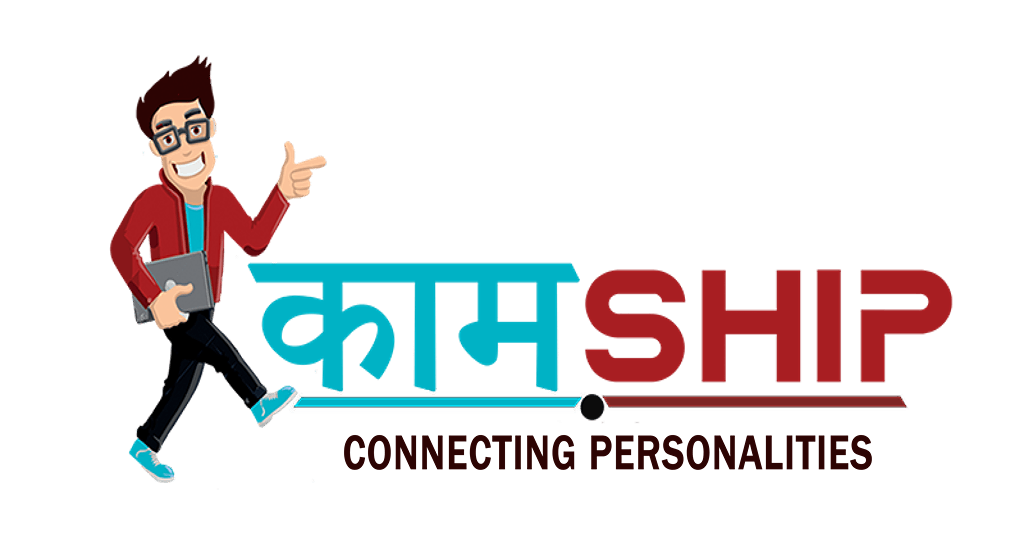Top 10 skills your resume can benefit from
Top 10 skills your resume can benefit from
- Communication
- Analysis
- Interpersonal skills
- Customer service experience
- Problem solving/solving issues
- Time management and efficiency/organization
- Project management experience/leadership abilities
- Resume writing knowledge and experience
- Creating a professional presence on social media platforms like LinkedIn or Twitter (if applicable)
When you’re looking for a job, you want to stand out from the crowd. But what makes you stand out?
A strong resume will help you do just that. It’s the first thing potential employers see when they’re reviewing your application—so it’s important to make a good impression. Here are 10 skills that your resume can benefit from:
- Proper grammar and spelling
- Comfort with technology
- Interest in a specific industry or company’s products/services
- Experience with a specific career field or industry
- Strong organizational skills
- The ability to work independently as well as collaboratively on projects (and meet deadlines)
- The ability to communicate effectively with others both in person and over email or phone calls; this includes being able to listen attentively to others’ ideas and opinions while also expressing your own opinions clearly and confidently when appropriate (for example, during an interview)
While your resume is the first thing that a hiring manager will see, it’s not the only thing they’ll be considering. In fact, there are several skills that can make or break your application.
- Attention to detail: A great resume is one that includes every relevant detail about you and your experience. If you’re missing something important, it can be hard for the hiring manager to trust what you’re saying.
- Communication skills: The best way to get a job done well is with communication. So make sure that you have a strong understanding of not just what needs to be written but also when, where, and how it needs to be written—and then communicate it effectively!
- Leadership skills: Leadership is an invaluable skill for any job application, and if you have leadership experience in college or prior career experiences, this should be highlighted on your resume as well!
- Problem-solving skills: Problem-solving is another valuable skill that hiring managers look for on resumes—and they want to see examples of how you’ve used your problem-solving skills in the past! This can include examples such as brainstorming ideas or creating solutions using technology tools like Basecamp or Slack
If your resume is lacking in the skills department, you’re not alone. But don’t worry! We’ve got some tips to help you fill in the gaps.
- Having a strong technical background can make you stand out from the crowd and set you apart from other candidates. For instance, if you’re applying to a job that requires computer programming experience and you don’t have any, consider adding it to your resume.
- Skills that are more general and include more than one type of skill can be just as valuable as more specific ones. For example, if your resume shows that you’re good at writing reports but doesn’t say anything about your ability to edit or proofread documents, consider adding that information as well.
- Adding examples from past experience will show employers that you have put in time and effort developing these skills—and that they are worth hiring for future projects or positions where those skills would come in handy again (like when filling out an application form).
- If there’s something on your resume that’s not relevant to the job being applied for (like “I’m good at playing basketball”), explain why it matters in terms
